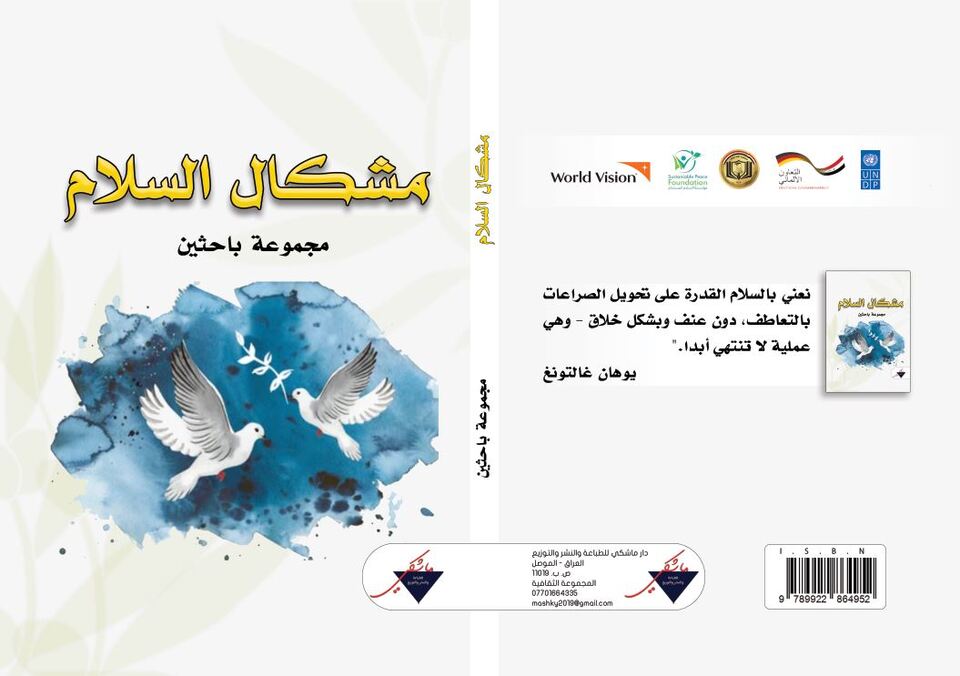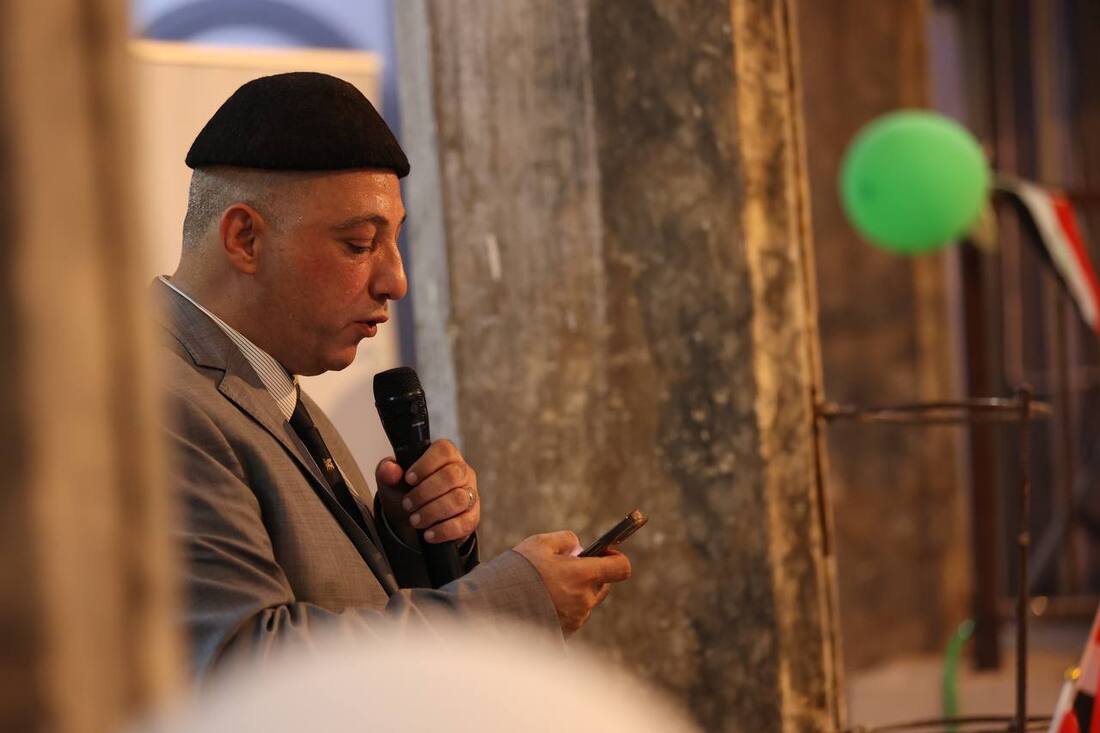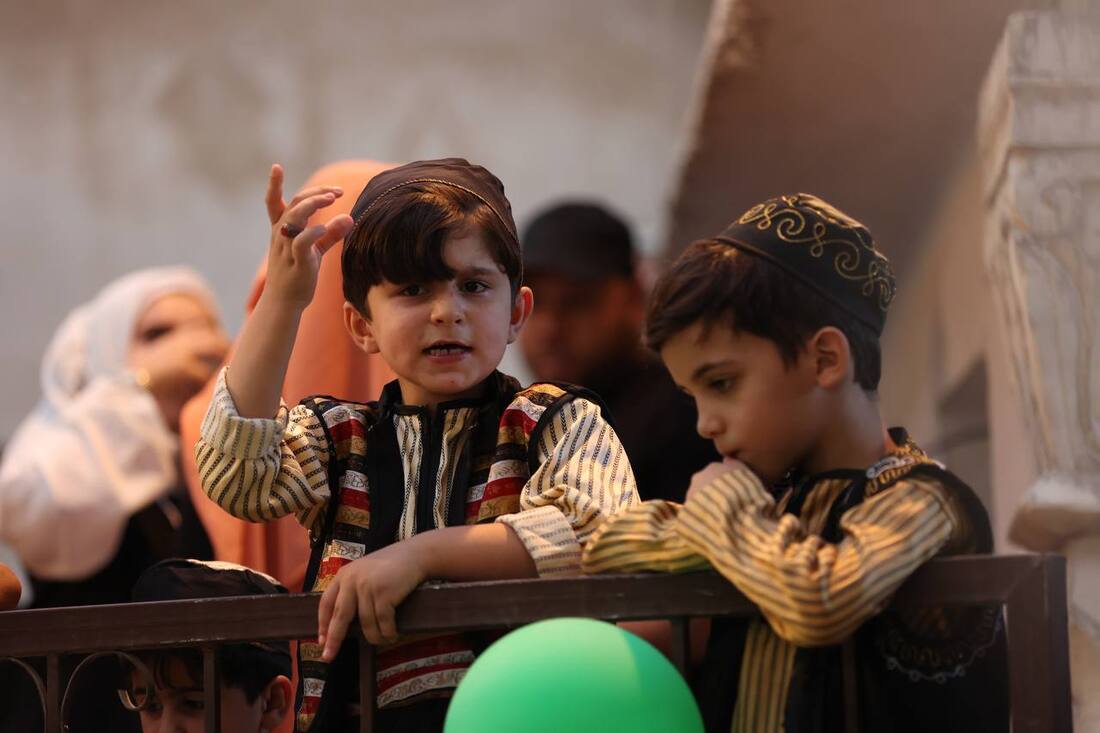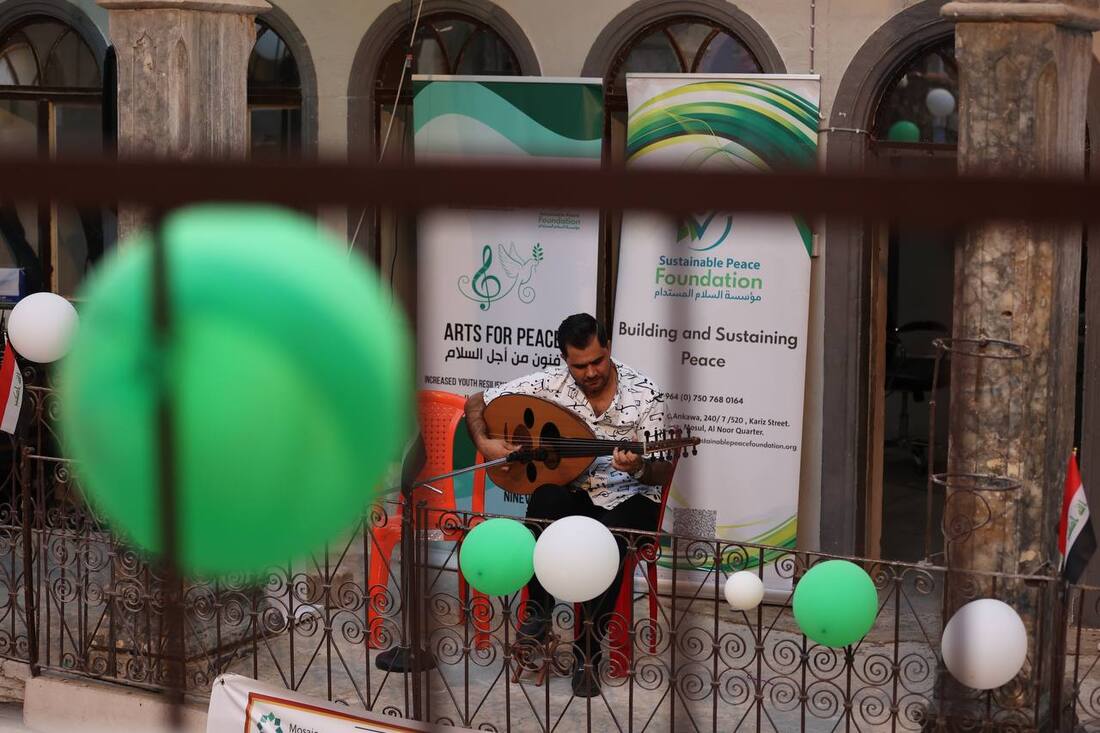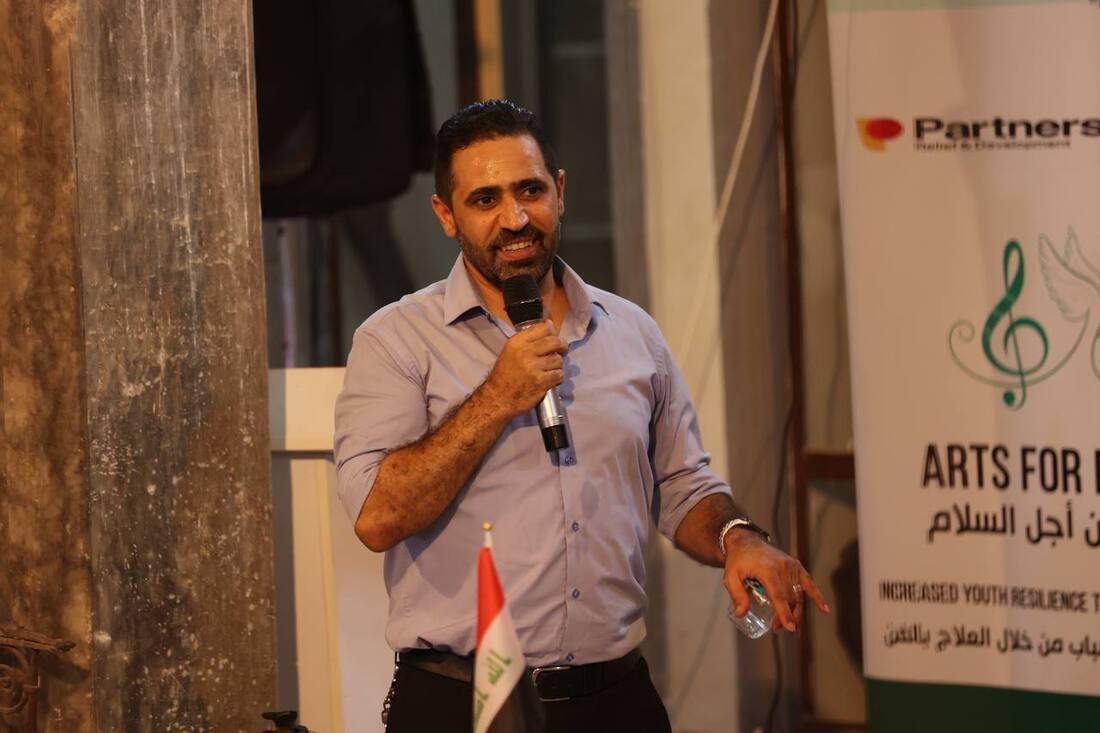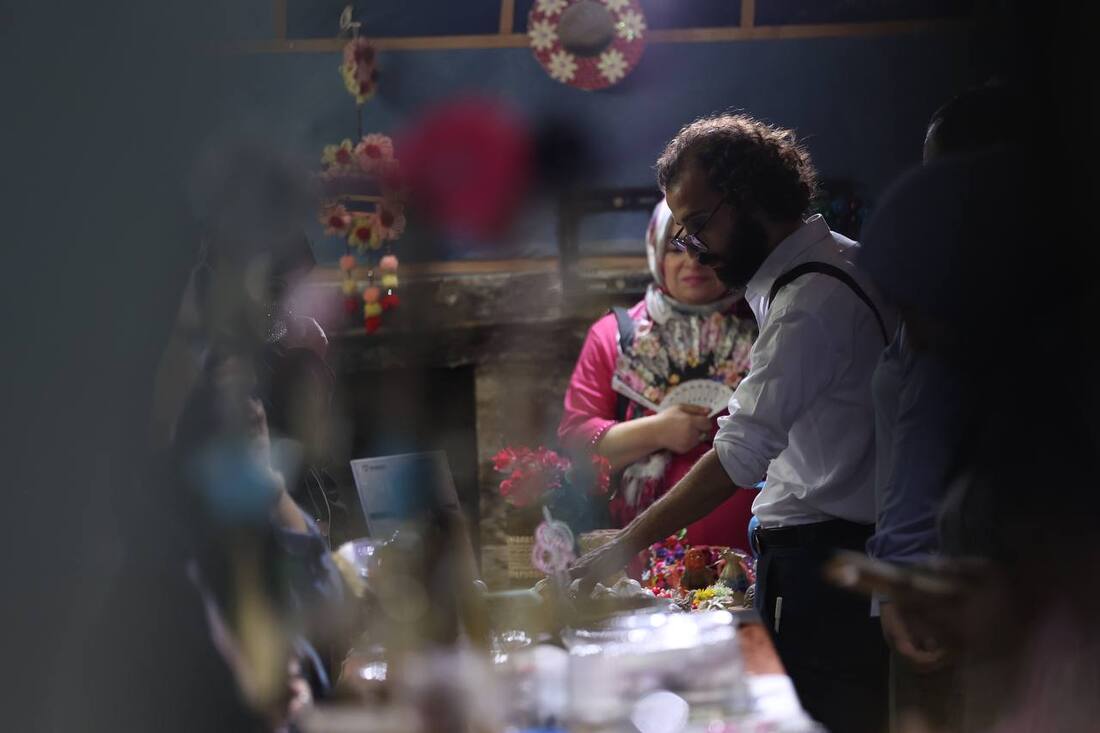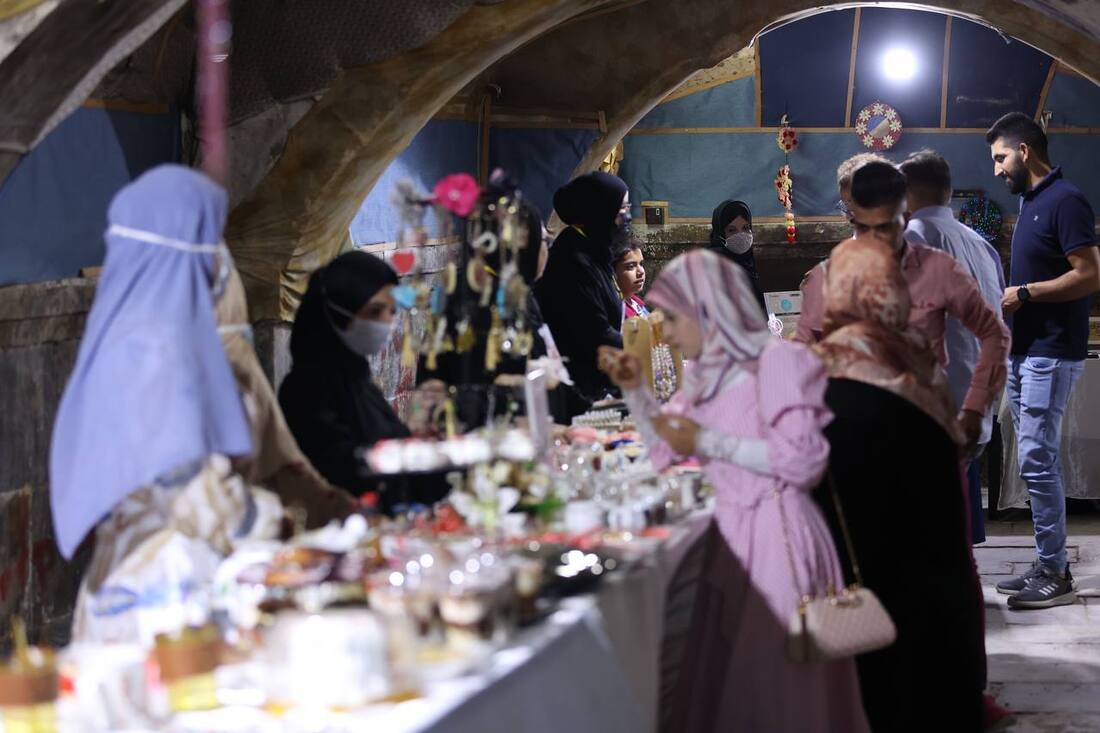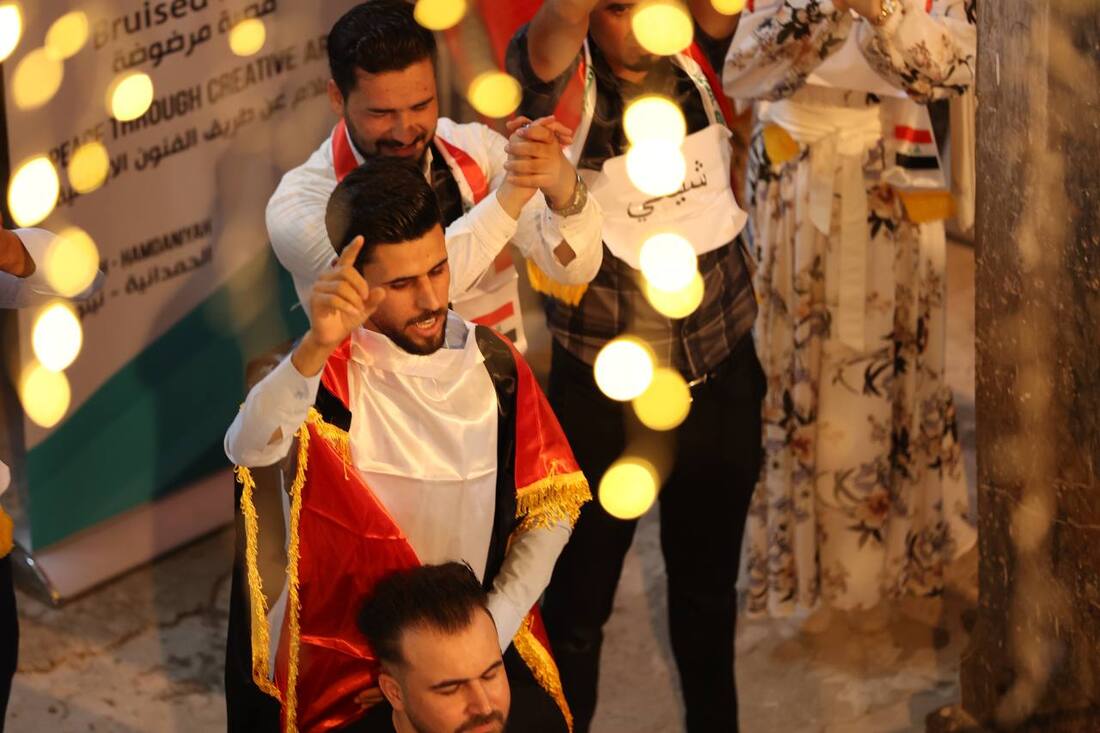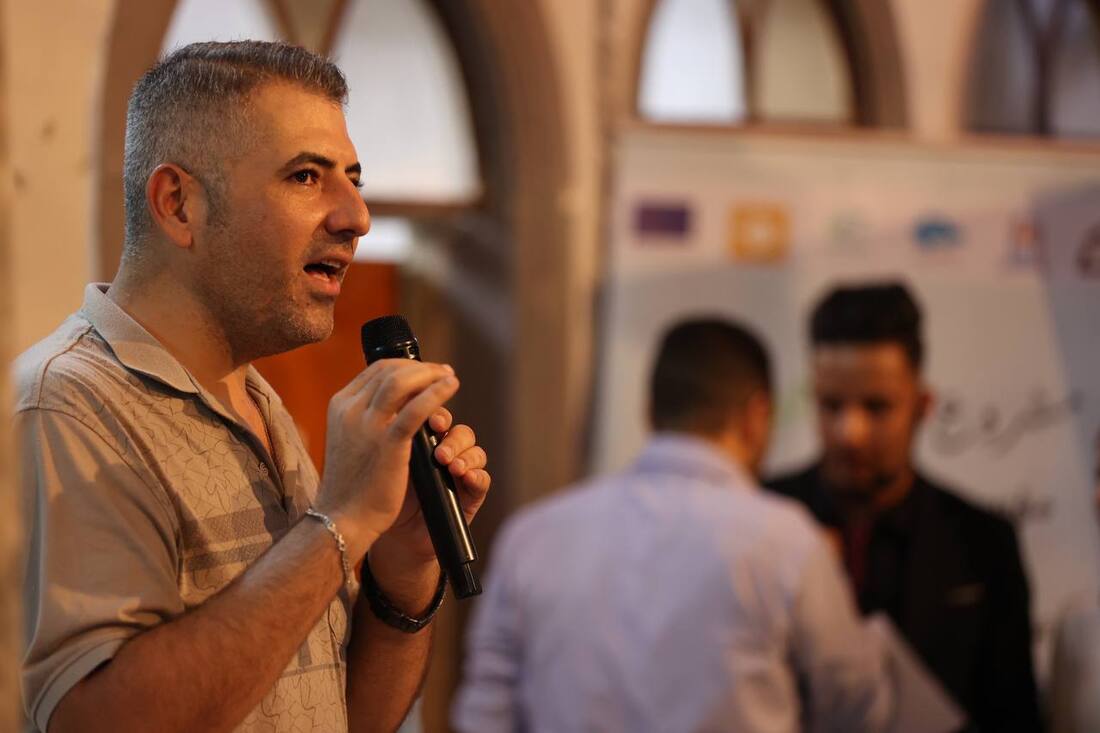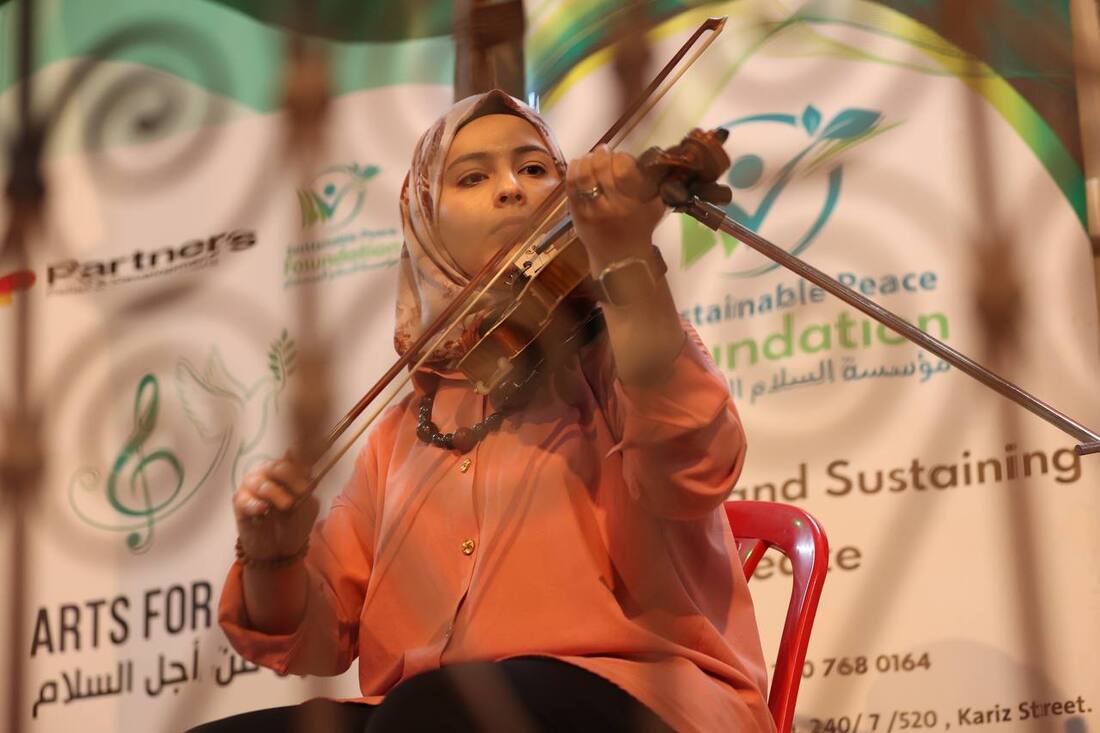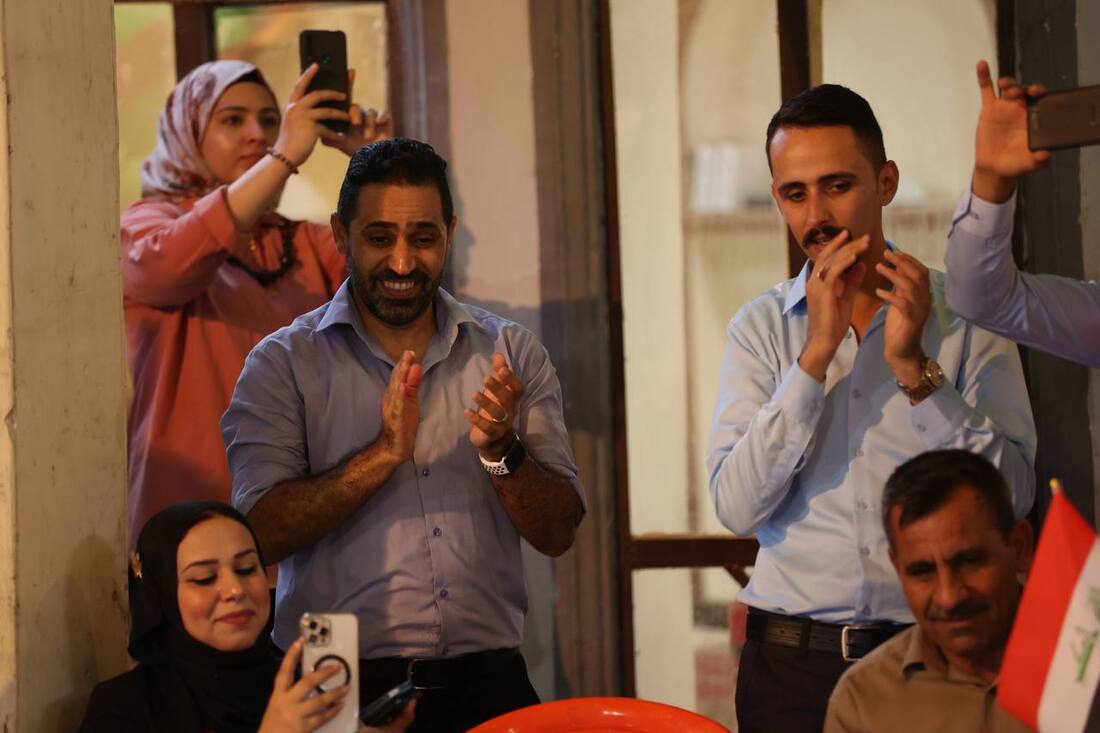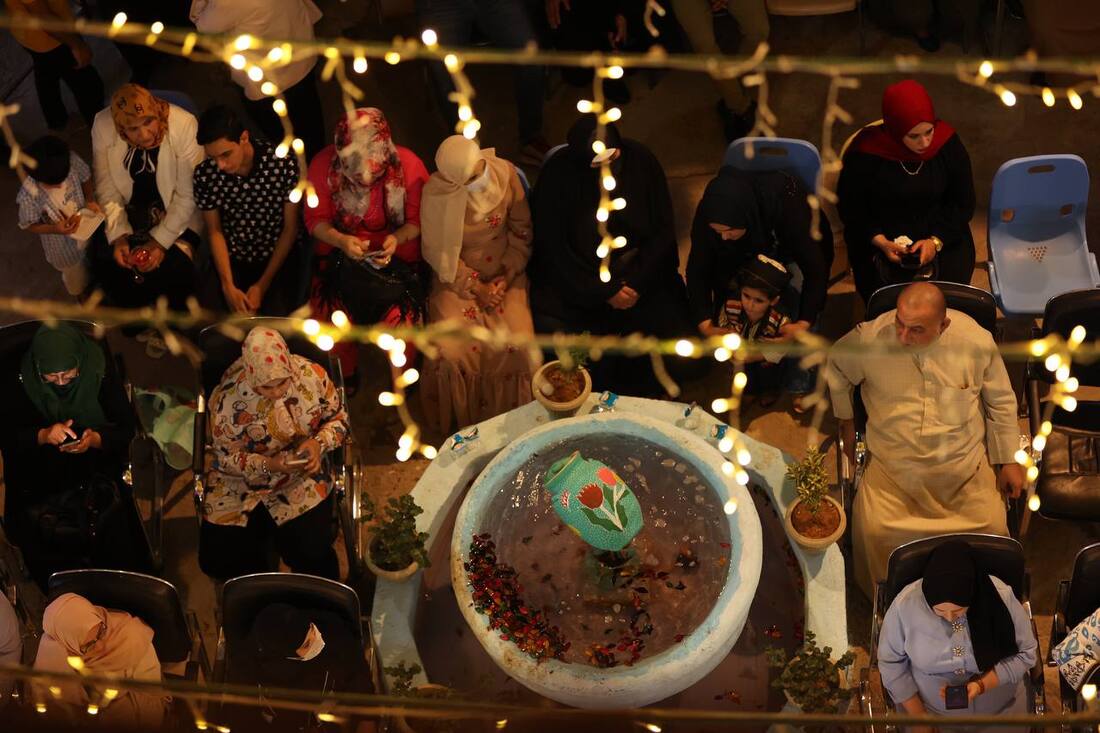Publications
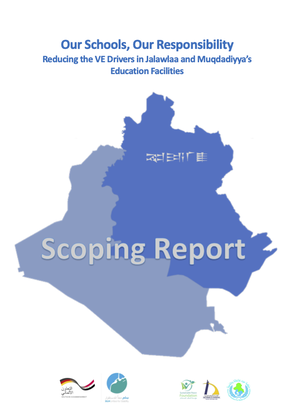
Our Schools, Our Responsibility: Reducing VE Drivers in Jalawlaa's and Muqdadiyya's Education Facilities.
This report is based on a Deep Assessment (DA) conducted by three partnering organisations operating as a consortium, namely, Iraqi Institute for Development (IID), Sustainable Peace Foundation (SPF) and Hawaa Organisation for Relief and Development within the framework of the ‘Our Schools, Our Responsibility: United in Reducing VE Drivers in Jalawlaa’s and Muqdadiyya’s Education Facilities, funded by GIZ’s SILM Fund: the assessment was conducted in Diyala’s Muqdadiyya district and Jalawlaa sub-districts’ education facilities.
The DA was conducted in April and May of 2022 in selected secondary and primary schools in Muqdadiyya district and Jalawlaa sub-district. The DA targeted 12 schools in total: 3 secondary schools and 1 high school in Muqdadiyya, 8 primary schools (4 in Muqdadiyya and 4 in Jalawlaa).
The objective of the DA was to elicit qualitative data and an in-depth understanding of the drivers of VE – both push and pull factors; the schools’ strategy in mitigating these drivers; the drivers to physical violence as well as extremist ideas, which seek to exploit societal, ethnic, and religious tensions in order to marginalise or disfranchise sub-identities and social groups; the methods used by these schools to mitigate the repercussions of structural violence i.e. culturally imbedded violence on their respective students; the schools’ strategy in mitigating the effects of inter and intra community grievances and distrust on their respective students; and the government’s role along with that of the civil society in addressing the drivers that lead to VE within the schools and their respective catchment areas.
The stakeholders who participated in the DA included: primary school students, secondary and high school students, school managements and teaching staff, members of Parent-Teacher Associations (PTAs), local community leaders, general directors of the Directorate of Education (DoE) in Muqdadiyya and Jalawlaa, ONSA’s national committee members in Diyala; and Local and International Non-Governmental Organisations (LNGOs and INGOs) active in the targeted area.
Primary findings with respect to VE drivers among the students at the targeted schools
- Inequitable provision of job opportunities;
- Favouritism and nepotism;
- Marginalisation of one social groups and favouriting the other;
- High rate of unemployment;
- Unfair and inequitable government policies and treatment of Diyala’s ethno-religious communities;
- Political exclusion of certain ethno-religious groups.
Stakeholders underlined the following as contributing factors to increasing student resilience to VE:
- Sports, cultural activities held by the schools can contribute positively to student resilience if they engage pupils of different ethno-religious communities;
- Teacher-student dialogues sessions that result in a more comprehensive understanding of issues that students prioritise and the primary factors that may lead some of them to resort to violent extremist ideas and/or practice violent extremist behaviours;
- Governmental institutions, (L)NGOs and (I)NGOs too have a positive role to play in preventing VE by rehabilitating more schools in the destructed areas, developing and designing projects aiming to raise the economic and living standards of poor and financially vulnerable families in post-conflict ethnic areas i.e., designing integrated programmes, which include the soft and hard component approach.
This report is based on a Deep Assessment (DA) conducted by three partnering organisations operating as a consortium, namely, Iraqi Institute for Development (IID), Sustainable Peace Foundation (SPF) and Hawaa Organisation for Relief and Development within the framework of the ‘Our Schools, Our Responsibility: United in Reducing VE Drivers in Jalawlaa’s and Muqdadiyya’s Education Facilities, funded by GIZ’s SILM Fund: the assessment was conducted in Diyala’s Muqdadiyya district and Jalawlaa sub-districts’ education facilities.
The DA was conducted in April and May of 2022 in selected secondary and primary schools in Muqdadiyya district and Jalawlaa sub-district. The DA targeted 12 schools in total: 3 secondary schools and 1 high school in Muqdadiyya, 8 primary schools (4 in Muqdadiyya and 4 in Jalawlaa).
The objective of the DA was to elicit qualitative data and an in-depth understanding of the drivers of VE – both push and pull factors; the schools’ strategy in mitigating these drivers; the drivers to physical violence as well as extremist ideas, which seek to exploit societal, ethnic, and religious tensions in order to marginalise or disfranchise sub-identities and social groups; the methods used by these schools to mitigate the repercussions of structural violence i.e. culturally imbedded violence on their respective students; the schools’ strategy in mitigating the effects of inter and intra community grievances and distrust on their respective students; and the government’s role along with that of the civil society in addressing the drivers that lead to VE within the schools and their respective catchment areas.
The stakeholders who participated in the DA included: primary school students, secondary and high school students, school managements and teaching staff, members of Parent-Teacher Associations (PTAs), local community leaders, general directors of the Directorate of Education (DoE) in Muqdadiyya and Jalawlaa, ONSA’s national committee members in Diyala; and Local and International Non-Governmental Organisations (LNGOs and INGOs) active in the targeted area.
Primary findings with respect to VE drivers among the students at the targeted schools
- Inequitable provision of job opportunities;
- Favouritism and nepotism;
- Marginalisation of one social groups and favouriting the other;
- High rate of unemployment;
- Unfair and inequitable government policies and treatment of Diyala’s ethno-religious communities;
- Political exclusion of certain ethno-religious groups.
Stakeholders underlined the following as contributing factors to increasing student resilience to VE:
- Sports, cultural activities held by the schools can contribute positively to student resilience if they engage pupils of different ethno-religious communities;
- Teacher-student dialogues sessions that result in a more comprehensive understanding of issues that students prioritise and the primary factors that may lead some of them to resort to violent extremist ideas and/or practice violent extremist behaviours;
- Governmental institutions, (L)NGOs and (I)NGOs too have a positive role to play in preventing VE by rehabilitating more schools in the destructed areas, developing and designing projects aiming to raise the economic and living standards of poor and financially vulnerable families in post-conflict ethnic areas i.e., designing integrated programmes, which include the soft and hard component approach.
| CLICK HERE TO DOWNLOAD THE FULL REPORT | |
| File Size: | 947 kb |
| File Type: | |
